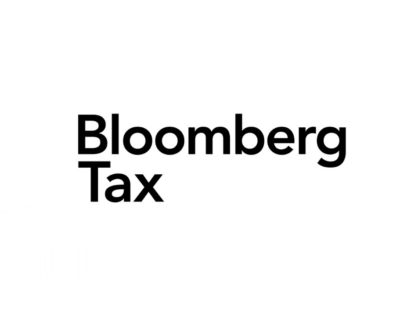Before 2023, Brazil followed a mathematical approach to transfer pricing (TP), relying on fixed margins (20% for imports and 15% for exports). This approach was straightforward and provided predictability, but it often didn’t reflect the real economics of transactions, leading to misalignments, excessive adjustments, and, in some cases, double taxation. As of January 1, 2024, Brazil has fully transitioned to OECD-aligned TP rules, making comparability analysis and documentation essential. It became mandatory under Law 14,596/23 and Normative Instruction 2,161/23.
Despite the 2023 opt-in period, most companies delayed implementation until 2024. The ones that opted in early were generally those that struggled under the fixed-margin system and saw an opportunity for more favorable outcomes under the OECD framework. Now, all companies must adjust, and many are still figuring out the practical impact on their profitability, compliance efforts, and risk exposure.
One of the biggest concerns is how Brazilian tax authorities will enforce these rules. The Brazilian Federal Revenue (“RFB” – Secretaria Especial da Receita Federal do Brasil) has approached the transition collaboratively, but there’s uncertainty about how strict audits will be and whether authorities will acknowledge potential profitability declines during the adjustment phase. Another challenge is the lack of experience among local auditors, which could lead to inconsistent enforcement or an increase in disputes.
Key Differences Between Old and New Rules
Old Rules:
- Based on formulaic TP margins, which often created distortions.
New Rules:
- Requires comparability analysis and eliminates fixed margins.
- Implements a best-method rule, meaning companies must justify their pricing methodology.
- Expands TP regulations to cover intangibles, cost-sharing, and business restructurings.
- Increases documentation requirements, including OECD-style Master File and Local File.
- Raises tax uncertainty since TP adjustments now depend on subjective interpretations.
Compliance Requirements
The compliance burden has increased significantly. Companies must now prepare:
- Master File & Local File that follow OECD standards.
- Annual TP reporting is required as part of the corporate tax return (ECF).
- Segmented financial data, which was not previously required is now crucial.
Materiality thresholds may allow some companies to prepare simplified documentation.
Penalties
Non-compliance with Brazil’s new transfer pricing regulations may result in significant financial penalties. These fines are not only imposed for missing deadlines but also for submitting incomplete, inaccurate, or inconsistent information. Additionally, if the tax authorities determine that a company has not provided sufficient evidence to support its intercompany transactions, it has the authority to recharacterize those transactions, potentially leading to unexpected tax adjustments and increased litigation risks.
To mitigate these risks, companies must ensure transfer pricing documentation is thorough and ready to be audited. Given the historically strict enforcement approach of Brazilian tax authorities, the transition to a more subjective, principle-based system is likely to increase the potential for disputes. Companies can expect increased oversight, as tax authorities adapt to the new framework.
While Advanced Pricing Agreements (APAs) and Mutual Agreement Procedures (MAPs) offer mechanisms to reduce uncertainty, these processes are still evolving. Therefore, proactive engagement with tax authorities is essential to ensure clarity and minimize compliance risks. Although the reform represents a significant step toward international alignment, the transition period presents considerable challenges, requiring companies to adopt a strategic and well-documented approach to compliance.
As of 2024, Brazil adopted OECD-aligned transfer pricing rules, replacing its fixed-margin system with a more complex approach, introducing greater complexity and compliance demands. Companies must now perform comparability analyses, justify their pricing methods, and prepare detailed documentation in line with OECD standards. Tax authorities are expected to increase scrutiny, though enforcement may vary due to limited local experience. Proactive documentation and engagement are key to minimizing disputes and ensuring compliance during the transition.










